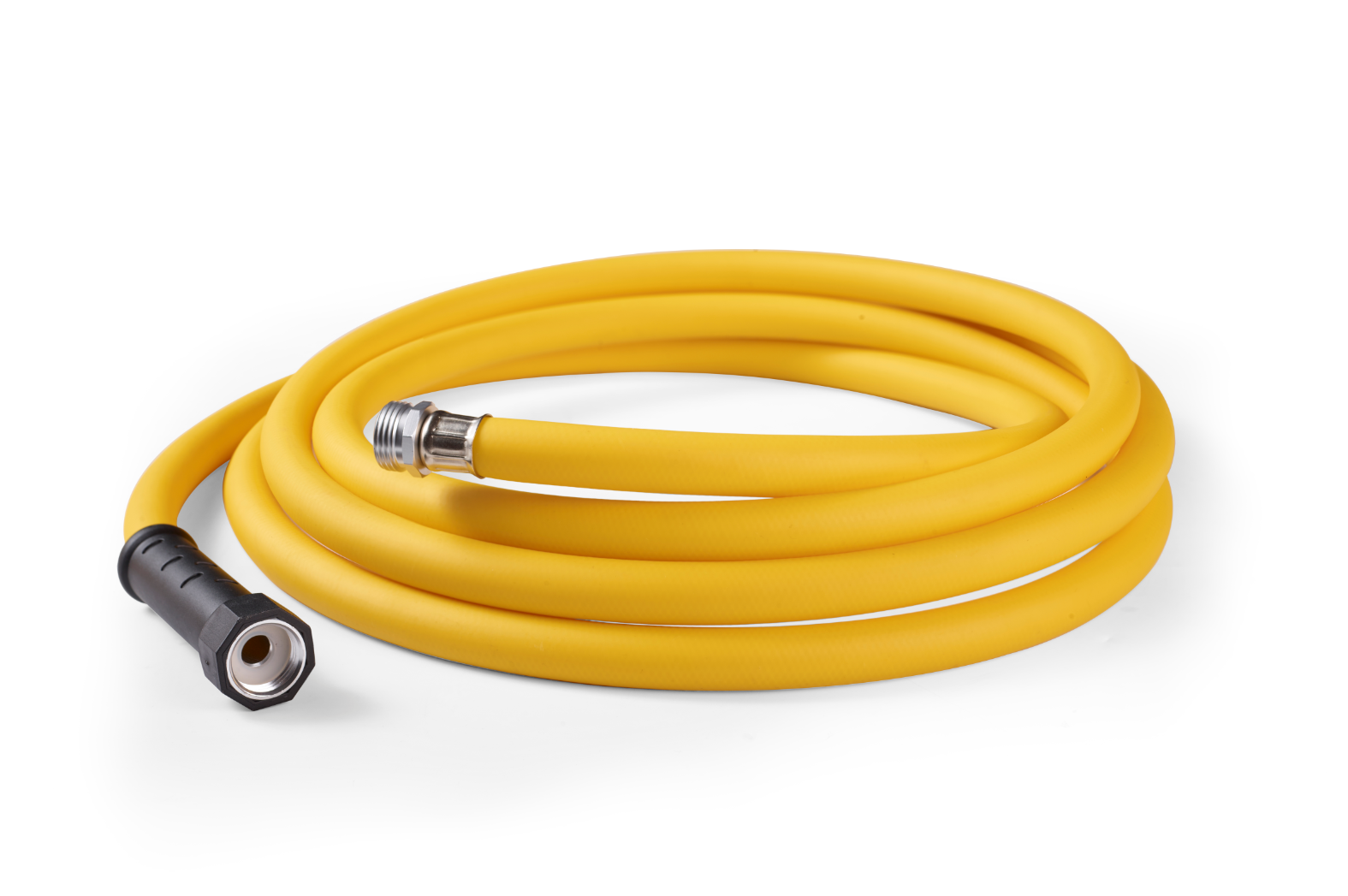In recent years, many industries, our own included, made the move from natural rubber to synthetic. But what is exactly is the difference between the two? What are the different types of synthetics and are they able to hold up against natural rubber hoses? The following article has been put together to answer these questions and more.
Natural Rubber vs Synthetic Rubber: What’s the Difference?
Natural rubber comes from Hevea brasiliensis (or the Pará rubber tree) which is a species of plant native to Brazil. Natural rubber is an extremely popular elastomer material, used in a wide variety of applications and industries.
Synthetic rubber is produced artificially and is created from a variety of polymers. Due to its artificiality, it can be manipulated and have a number of different properties added to it.
Generally, natural rubber is considered stronger and more flexible, but synthetic rubber has the advantage of being chemical and temperature resistant. Synthetic rubber also has the benefit of being more cost-effective.
What Are the Properties of Synthetic Rubber Hoses?
The most common properties of synthetic rubber tubing include:
Flexibility – Rubber hoses are ideal for any application that requires a flexible hose or tube. Rubber is known to able to retain its flexibility, whilst also being resistant to kinks and abrasions.
Temperature resistance – Natural rubber hoses (in fact many common hose materials) are unable to handle extreme temperatures as well as synthetic rubber does.
Chemical resistance – A synthetic rubber hose pipe is better at withstanding chemicals when compared to natural rubber, and other common materials used for hose manufacture, which can weaken over time.
What Are the Different Types of Synthetic Rubber?
As synthetic rubber can contain different properties, there are a number of different types.
EPDM – Ethylene Propylene Diene Monomer (EPDM) is highly resistant to most chemicals, apart from fats and mineral oils. UV and weather-resistant, EPDM rubber hoses also have high-temperature resistance.
NBR – Nitrile butadiene rubber (NBR), whilst not as resistant to weather as EPDM, has a high resistance to mineral oils, making it suitable for applications the hose is in contact with oils and greases.
SBR – Styrene butadiene rubber (SBR) is more general-purpose and inexpensive when compared to EPDM and NBR. While lacking in weather resistance, it is similar to EPDM in its chemical resistance.
TPE – Here at Lanboom, our research and technology have exploited the benefits of rubber and PVC to produce thermoplastic polyester elastomer (TPE). This type of rubber is combined with PVC to offer improved flexibility at low temperatures, as standard PVC can lose its flexibility and crack in these conditions. TPE is also taint-free and WRAS-approved, making it suitable in applications for drinking water.
TPV – We’re at the forefront of developing thermoplastic vulcanizates (TPV). TPVs are high-performance elastomers with a similar price point to rubber. They display a lot of the features and performance of rubber, but are stronger, more lightweight, and are 100% recyclable.
What Applications Are Synthetic Rubber Hoses Best Suited For?
Due to their properties, synthetic rubber hoses are versatile and can be applied to a number of applications. These are just a few:
Industrial – Synthetic rubber hoses are commonly used in industrial areas. Their chemical resistance makes them ideal for applications that involve the transfer of air, fuels, or lubrication.
Construction – Their flexibility and abrasion resistance make them a good fit for applications that involve construction. EPDM and NBR have higher weather resistance, making them suitable for outdoor use, as well as indoor.
Water – TPE, due to being taint-free and WRAS-approved, can be used for applications that involve the transfer and dispensing of drinking water.
There are a number of different types of synthetic rubber, each with its own properties, making them suited to different applications. We offer a variety of different rubber hoses, making it easier than ever to find the right product for you. Please feel free to browse through our range of products, or if you have already found what you are looking for, you can contact a member of our friendly sales team for a free quote.
Post time: Oct-18-2022

